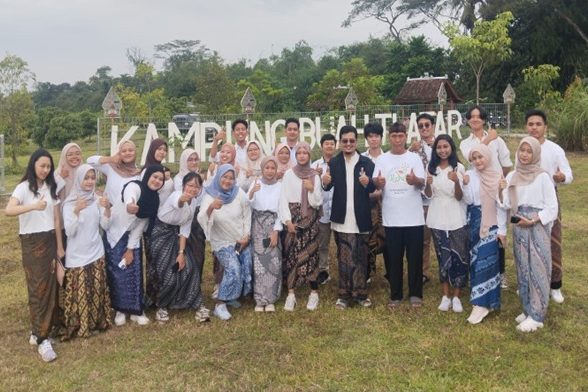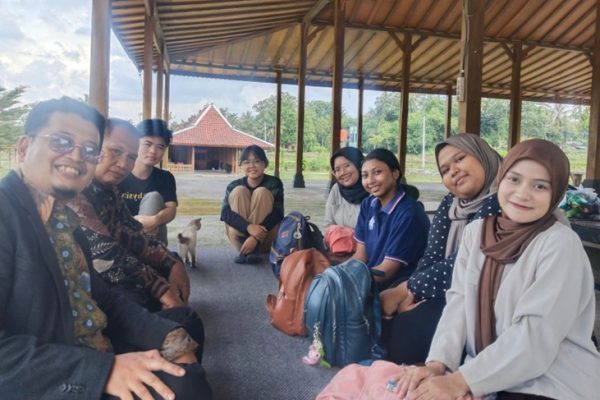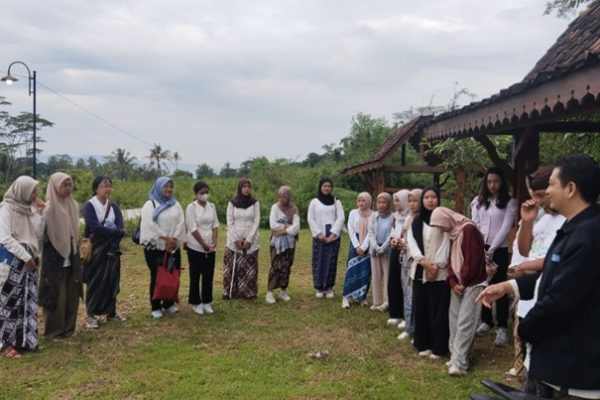On April 13, 2025, students of the Independent Learning Independent Campus (MBKM) Village Development program again demonstrated real contributions in developing the potential of tourism villages through the design of sustainable agriculture-based programs and empowerment of local resources in the tourist destination village of Kabut Kebonalas Manisrenggo Klaten. This discussion activity was carried out by Nurhayati, together with her team, namely Tiara Syifa Wididevani, Putri Ramadhanti, and Mirmastu Lintu Nirmala Wasti, under the guidance of Mr. Sukirno, S.Si., M.Sc., Ph.D. This discussion was carried out directly with Mr. Drs. Suwadi as the the secretary of Kebonalas and also as the Head of POKDARWIS Kabut Kebonalas, as a form of initial collaboration in the implementation of the integrative program between MBKM and KKN PPM UGM for the period June 20–August 2025. This activity also involved Mr. Yousuf Sulaiman, S.IP as a practitioner. The main focus of the program is the management and optimization of the Tlatar Fruit Garden through an educational approach, sustainable agriculture, and innovation based on local biodiversity.
The scope of the program includes greenhouse management as a center for education and production of horticultural plants, especially eggplant and melon plants. In addition, this activity will also provide education related to fertilization techniques and care for starfruit and longan plants. The MBKM program also encourages the use of local plants as alternative food sources, such as cincau leaves and moringa leaves which have the potential to become processed products with high economic value.
This discussion is the first step in preparing for the implementation of KKN with the theme “Optimizing the Potential of Tourism Villages in Manisrenggo through the Integration of Health, Agriculture, and Digitalization in the Development of Local Potential Based on Biodiversity to Support Sustainable Development Goals.” The theme was raised in line with the MBKM program which is oriented towards sustainable agriculture and supports the SDGs for dealing with hunger, SDGs for poverty, SDGs for health, and SDGs for terrestrial ecosystem conservation. Through this program, it is hoped that Kebon Alas Village can become an example of developing an integrated agricultural and health-based tourism village, while also encouraging food independence and improving community welfare through empowering local potential.





